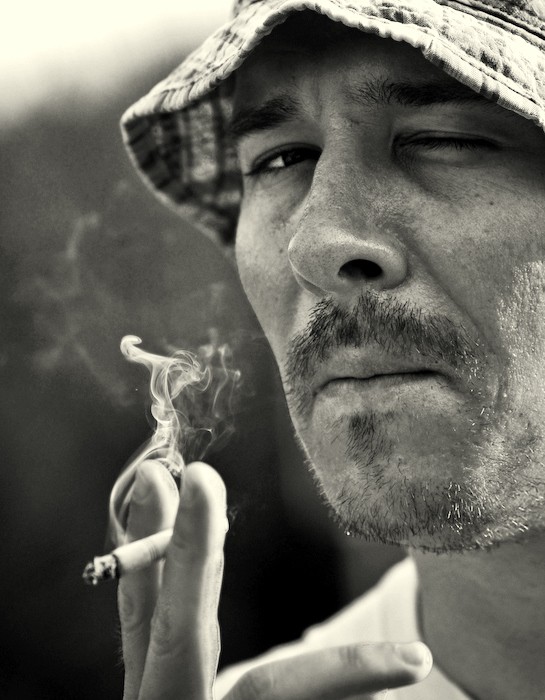greentrav07
TPF Noob!
- Joined
- Oct 21, 2009
- Messages
- 4
- Reaction score
- 0
- Location
- Chicago
- Can others edit my Photos
- Photos NOT OK to edit
In the The Digital Photography Book, Volume 2, Scott Kelby writes that you should "shoot long for more flattering portraits." He says "you'll see many pro photographers shooting portraits at the far range of their zoom." And, he provides an example of 2 shots, one taken with a 50 mm lens and one with a 70-200 mm, shot at 190mm. The one shot at 50 has visible distortion of facial features, particularly the nose. In The Digital Photography Book, Volume 1, he writes that shooting in the 85-100 mm range is best for portraits because it "eliminates the unflattering facial distorition wide-angle lenses are notorious for, while avoiding the compression long telephoto lenses give." So, to my question: I have a Canon 70-200 mm L IS USM, but it's not a great walkaround lens, particularly inside, because it has a minimum focusing distance of 4 feet. My favorite thing to shoot is people, particularly kids, so I want something that will be good for portraits if I get a new lens. I wrote yesterday in a separate post about equipment in general that I am considering the Canon 24-70, but am worried about distortion, to which I received some replies that 50-55 mm is the best focal length for portraits. Am I missing something? Can somebody help me make sense of the differing opinions? Thanks so much.








![[No title]](/data/xfmg/thumbnail/32/32711-b57dd72845f94aa34b3bd7207b07f98c.jpg?1734162320)




